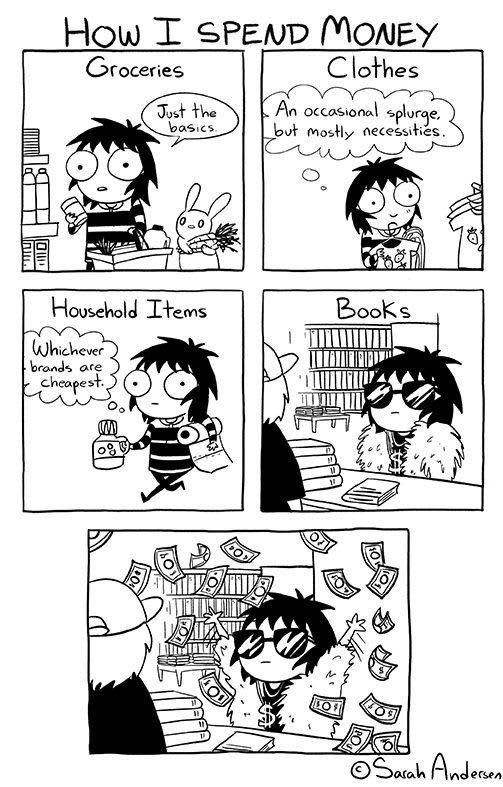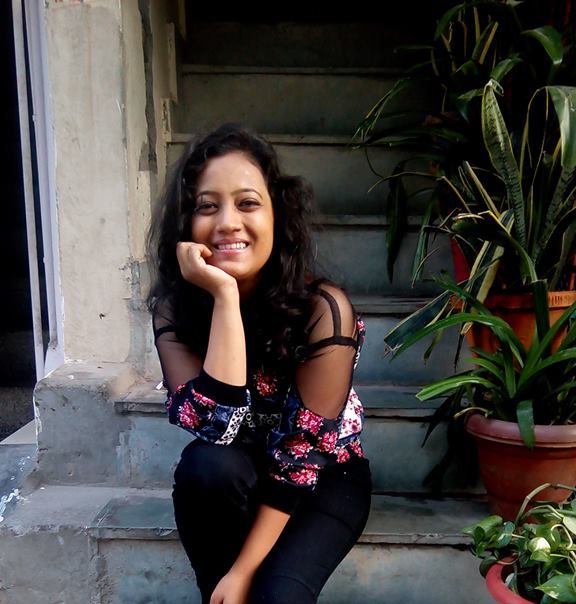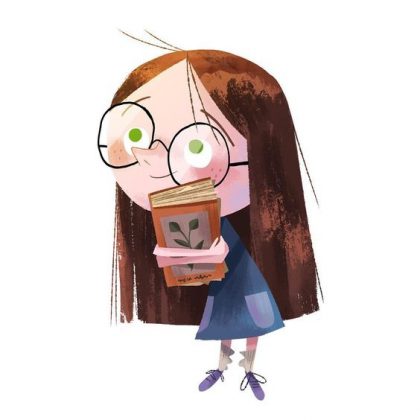Reading, Rewards and a Bookworm’s Booker Story
It was the year 2006 when Kiran Desai’s novel The Inheritance of Loss won the Booker prize. Although since then, I have had the good fortune of reading many award-winning books in my career as a literature enthusiast, I distinctly remember that particular book and author. I remember that novel because it was the first book I owned. It was also the first book I had ‘earned’.
Allow me to digress, in the interest of context. Growing up in a myriad of Indian small towns, in the shadow of conservative middle-class parents, came with its own set of rules. Reading ‘course books’ was considered academically productive while anything that fell under the realm of novels, storybooks, or poetry was considered a waste of time. The logic was simple. Reading novels didn’t fetch you marks in important subjects like science and math, didn’t help you crack prestigious competitive exams, and in a society where children were force-fed aspirations of becoming either an engineer or a doctor till they exploded and ended up becoming one, what kind of a career would storybooks fetch you? Reading for leisure was frowned upon and buying storybooks was a practice parents seldom indulged in. My true-blooded engineer-father was no different. While I am not a fan of universalizing individual human experiences, and I now see more and more parents realize the importance of building reading as a habit from a young age in their kids, back in 2006, the narrative was quite different.
Coming back to the story of how I ‘earned’ my first novel in 2006. I somehow got to know that there was a book by an Indian author which had won the Booker Prize. I don’t remember how I stumbled across that information. No one at school had told me for sure. We were budding teenagers surviving the awkwardness of getting introduced to diagrams of male and female reproductive organs in 6th-grade biology class and our coping mechanism was to gossip about who had a secret crush on who based on data gathered from secretly flipping through each other’s slam books. Which self-respecting teenager would giggle and hush-hush about book awards in the glorious 90’s era of slam books!
I guess I must have registered that information in some nook of my busily daydreaming mind while scrouging the daily newspaper for children’s stories and comic strips. I didn’t even know what a Booker prize was. It sounded fancy because it had the word ‘book’ in it and that was enough to tickle my fancy! To my twelve-year-old mind, my inability to make sense of the title of the book and the word ‘ Booker’ represented something fancier, richer than my humble diet of library- borrowed Enid Blytons and Nancy Drews. They were thin enough to be sandwiched between the pages of the big fat science books and read while sitting on the first bench in class, tucked away from the disapproving eyes of teachers. But I had devoured most detective fiction off the library shelves using my Sherlockian reading methods and I was hungry for thicker books with titles that nudged my curiosity.
Asking my parents to buy me a novel was out of the question. It sounds like a reasonable thing for a child to ask for but I had assumed that since the book sounded fancy, it would be expensive too. I knew a demand like that would land me in the middle of open fire: being shamed for failing so bad at math that my father couldn’t believe I was his own biological daughter. Gentle reminders of how the neighbor’s house was flooding with their kids’ trophies so much, they had to get a new storeroom built to store them all. Fear and shame won, and I stuck to my meager diet of books borrowed from the school library.
In the meantime, my exams were approaching. My parents’ wails of protest at me securing second place in class instead of the first every semester were getting louder. So I made a deal with them. I promised them that I will stand first in class and in return, they will have to buy me whatever I asked them to. They must have assumed I would ask for a toy. Those planes which you could control with a remote were all the rage those days. So, just like that, I got myself a deal.

Driven by the goal of owning a fancy-sounding novel, I spent the next few days chewing away my books and drinking the nectar of knowledge that was 6th grade CBSE. Math, I could not chew, so I swallowed it. I stuck my bottom to a chair and plotted to defeat my nemesis, a little girl named Gargee, who always stood first. The day of the first exam approached and it was English. English exams, for me, were always a breeze. I chose a didn’t go over a didn’t went in the exam hall and went home happy. Over the next few days, I vomited on my answer sheets what I had swallowed, with a vengeance. I even took ‘supplees’ in Math! (90’s kids, 6th-grade slang alert. That is what we called supplementary sheets, the extra sheets you took in addition to the main answer sheet if you ran out of space) It was a fortnight-long reverse diarrhea of knowledge and it was glorious. The exams came to an end and I spent my holidays anxiously waiting for the results, recovering from my swallowing-induced diarrhea. The results were announced after two weeks and I had stood first! My parents collected my report card with a halo of smug satisfaction around their faces. As we headed home, I reminded them of our deal. While the reminder dimed their halos a tad, nevertheless, they asked me what was it that I wanted as a reward. That evening we went to the biggest book market in town and after enquiring in a few shops, got the book I wanted. Turns out, it wasn’t as expensive I had thought it would be. I held the book in my hands. As the smell of fresh pages mingled with the blue of the cover page, I felt the pride of having earned what I so desired.
I wish I could tell you that the book changed my life, led to an epiphany and I wrote, at my desk without any thought of food or sleep till sundown, the books that saved the souls of all humanity. But life is not that dramatic. Mine, even less so.
My limited diet of detective fiction and children’s literature had left me inept at digesting fiction laden with themes of post-colonialism, political unrest, and identity loss meant for a more mature, culturally aware audience. The experience of reading The Inheritance of Loss as a twelve-year-old was disappointing. I had to pick up the dictionary on more occasions than I would like to admit. I was too proud to tell my parents that I wasn’t enjoying my hard-earned reward and that the toy plane would have been a better idea. Even though I didn’t enjoy reading the book, I enjoyed owning it. After all, it was a reward I had earned.
There are many takeaways from this story. The perils of toxic parenting. The lopsided narrative of ‘# marks matter’. The impact, childhood shame and fear have on the adults we become. The old school rote learning system and many more. But as an educator, this is the takeaway I want to emphasize. Reading. Reading should be a gift. Not a reward. It should be a privilege every child should be exposed to without any terms and conditions.
The more I see the misconceived notions about the ‘uselessness of reading story books’ shedding their skins, the more I see new parents reading to, and with their kids as a family, the more I see schools and the new methods of education creating a reading culture among children, the more I try to instill a love for reading among my students, the more freedom I give them of reading any book they fancy, the more redeemed my twelve-year-old self feels, and as an educator, that is my reward.


Wow! I traveled with this 12-year-old girl throughout the story. I could relate to her feelings, of fear, shame, anxiety, happiness and pride.
She has definitely made herself proud of who she is in the process of becoming.
That little girl really wants to give you a panda hug today and say, “I’m so proud of you.” ❤️
Me too!